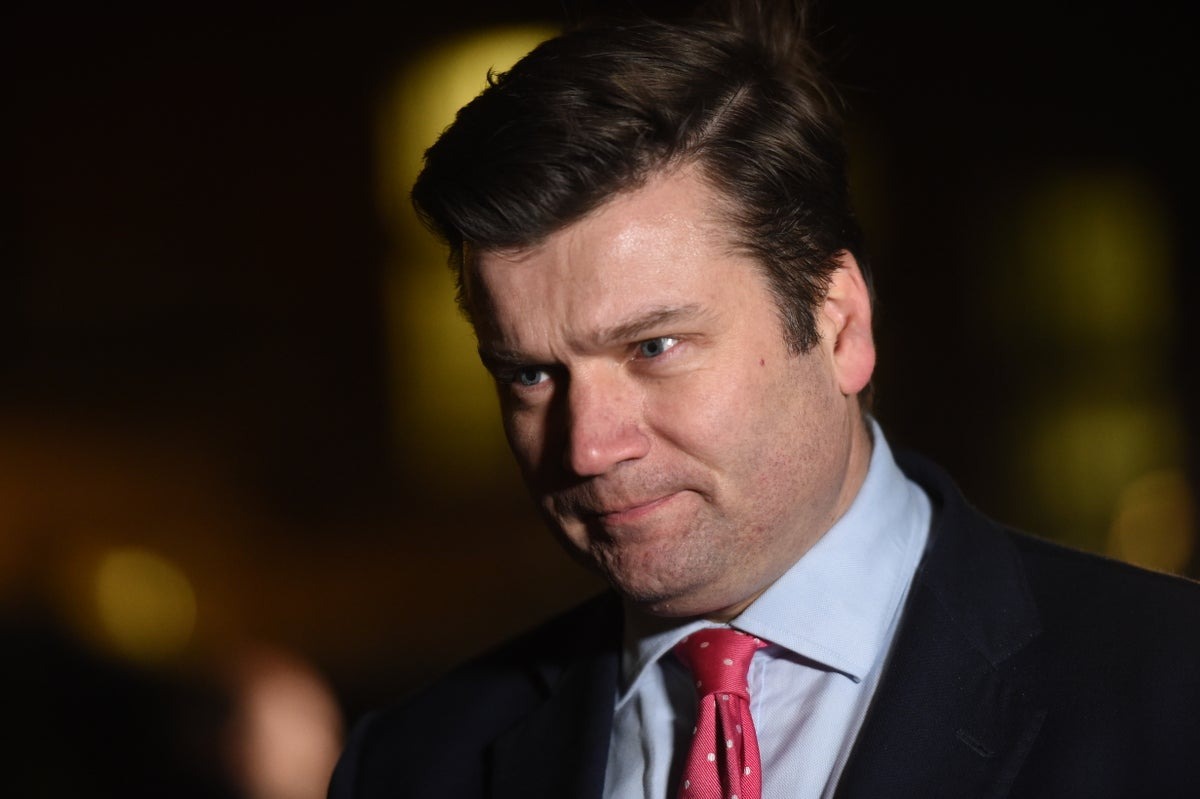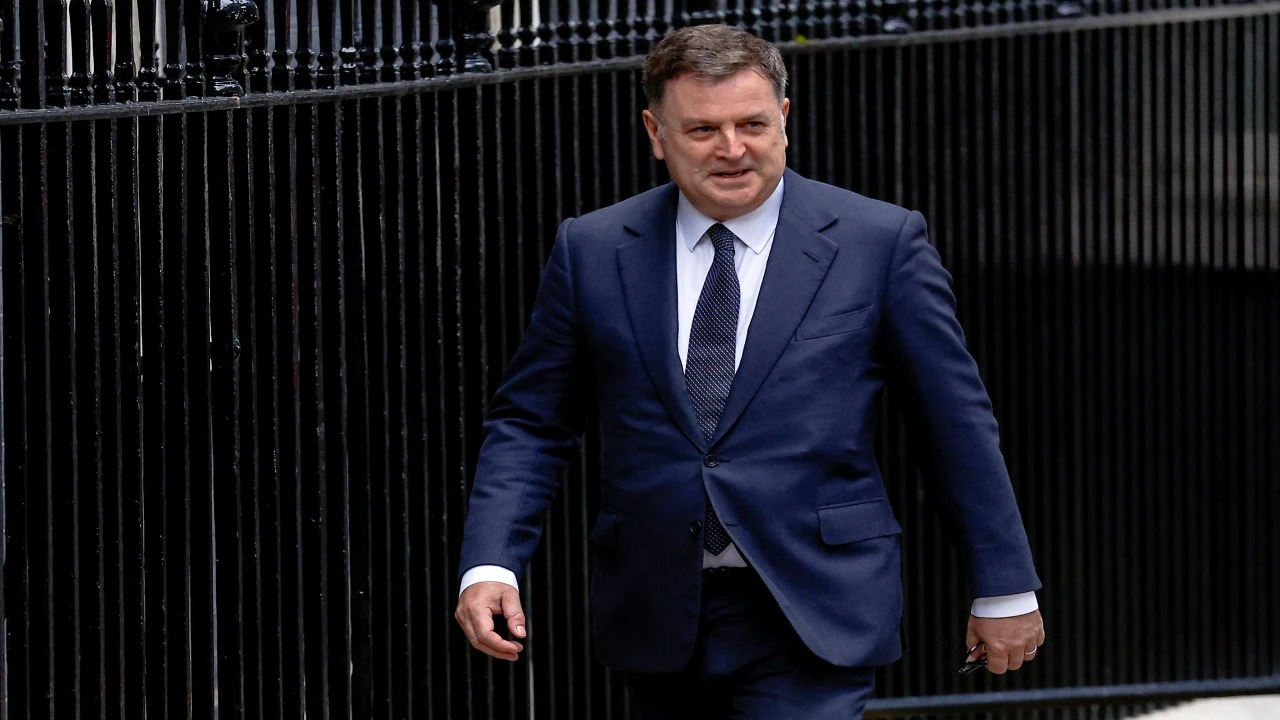James Heappey, the armed forces minister, decided to step down as an MP at the next election, adding to a growing list of seasoned politicians bidding farewell to Westminster.
While officially citing family reasons, Heappey’s departure reflects wider discontent within the Conservative Party, particularly regarding defense spending and his aspirations for higher office, seemingly dashed after being overlooked for the role of Defence Secretary.

Heappey’s announcement underscores a broader trend of experienced MPs opting out of parliamentary life, even shortly after entering it.
This trend signals a significant turnover of faces in the upcoming election, with predictions suggesting that up to 100 Tory MPs could resign before the election is called.
For some MPs, securing a peerage in the summer honors list might influence their decision to retire, indicating a desire for continued involvement in public life beyond the Commons.

The departure of figures like Theresa May, who left to focus on combating modern slavery and trafficking, reflects a sense of disillusionment within the party.
This mood is compounded by a breakdown in discipline across government ranks and a general feeling of malaise within Parliament.
As seasoned politicians exit, losing their expertise and institutional knowledge challenges effective governance. It’s imperative that incoming MPs, regardless of political affiliation, possess the necessary skills and ideas to address the country’s pressing issues.
The changing landscape of Parliament underscores the importance of maintaining a healthy democracy, where new voices can bring fresh perspectives while benefiting from the wisdom of those who came before them.


